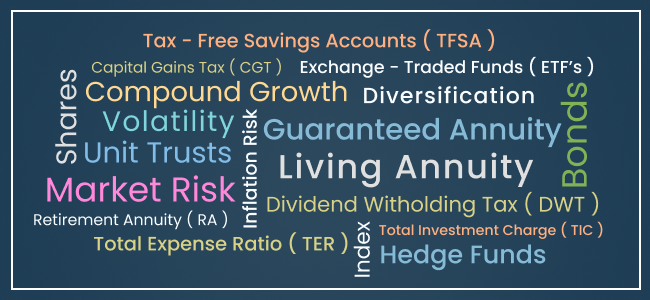While President Trump’s unpredictable trade policies are continuing to create global market volatility, emerging market equities have attracted attention this year as investors embrace them as a welcome diversifier from the uncertainty and volatility of US-centric investments.
The MSCI Emerging Market equity index is up almost 18% year-to-date, with foreign investors pouring money into India, South Korea, Brazil, and even frontier markets like Vietnam and the Philippines. Investors are increasingly drawn to these emerging markets for their relative macro stability, policy reforms, and structural growth dynamics. While South Africa is getting in on some of this action, attracting billions of rands in foreign investments in our government bonds, the JSE is still experiencing significant outflows despite delivering its best first-half returns in two decades.
Foreigners sell record-breaking SA equities, buy bonds
Although the JSE All Share Index has rallied strongly, breaking above 100 000 for the first time and rallying almost 20% year-to-date in rand terms and over 30% in US dollar terms, foreign investor flows haven’t driven that performance. Foreign portfolio investors sold R53.7 billion worth of domestic equities in the first quarter of 2025, the ninth consecutive year of net outflows. Over the 12 months to end-March, foreign equity sales totalled roughly R74 billion.
In contrast, our bond market attracted approximately R18 billion during the first quarter of this year alone, with foreign investors taking advantage of nominal yields near 10% and real returns around 7% after inflation.
Who’s driving the equity rally?
So, who’s been buying South African equities while foreigners sell? Domestic institutional investors, namely pension funds, insurers, and asset managers, have been increasing their allocations to undervalued local stocks. Retail investors have been steadily investing through tax-free savings accounts and ETFs via platforms like EasyEquities. According to ASISA, South African unit trusts saw R46 billion in net inflows during the first quarter of 2025.
Local investors are buying because South African equities are well-valued. The JSE All Share Index is trading at a price-earnings (P/E) ratio of 17.4 times:
36% lower than the S&P 500’s 27 times. The JSE All Share’s dividend yield of about 3% is also well above the S&P 500’s 1.3% yield, making SA’s equities attractive for income-focused investors.
Do South African investors know something foreigners don’t?
Local investors have the advantage of understanding the nuances of the country’s macroeconomy, corporate landscape, and financial markets. They see the GNU holding firm despite its challenges, policy changes unlocking massive infrastructure investments, and corporate South Africa benefiting from these tailwinds.
These gradual improvements in the domestic economic and political landscape have improved South Africa’s prospects, particularly relative to the highly uncertain outlook on both fronts in the Northern hemisphere.
The bottom line
Although foreign equity investors are looking the other way for now, the JSE is being driven to record highs by patient capital and a genuine recognition of the value it offers investors. Thus, the rally isn’t built on hot money or momentum and is likely to be a more sustainable foundation than one built on foreign investment that can flow out as quickly as it flowed in.
If you have any questions about how all of this affects your investment portfolio, please give us a ring.
Jason Yutar: +27 83 415 9603 or
Zaheera Mohammed: +27 82 775 1898
Disclaimer: The information provided herein should not be used or relied on as professional advice. No liability can be accepted for any errors or omissions nor for any loss or damage arising from reliance upon any information herein. Always contact us for specific and detailed advice.
© FinDotNews





